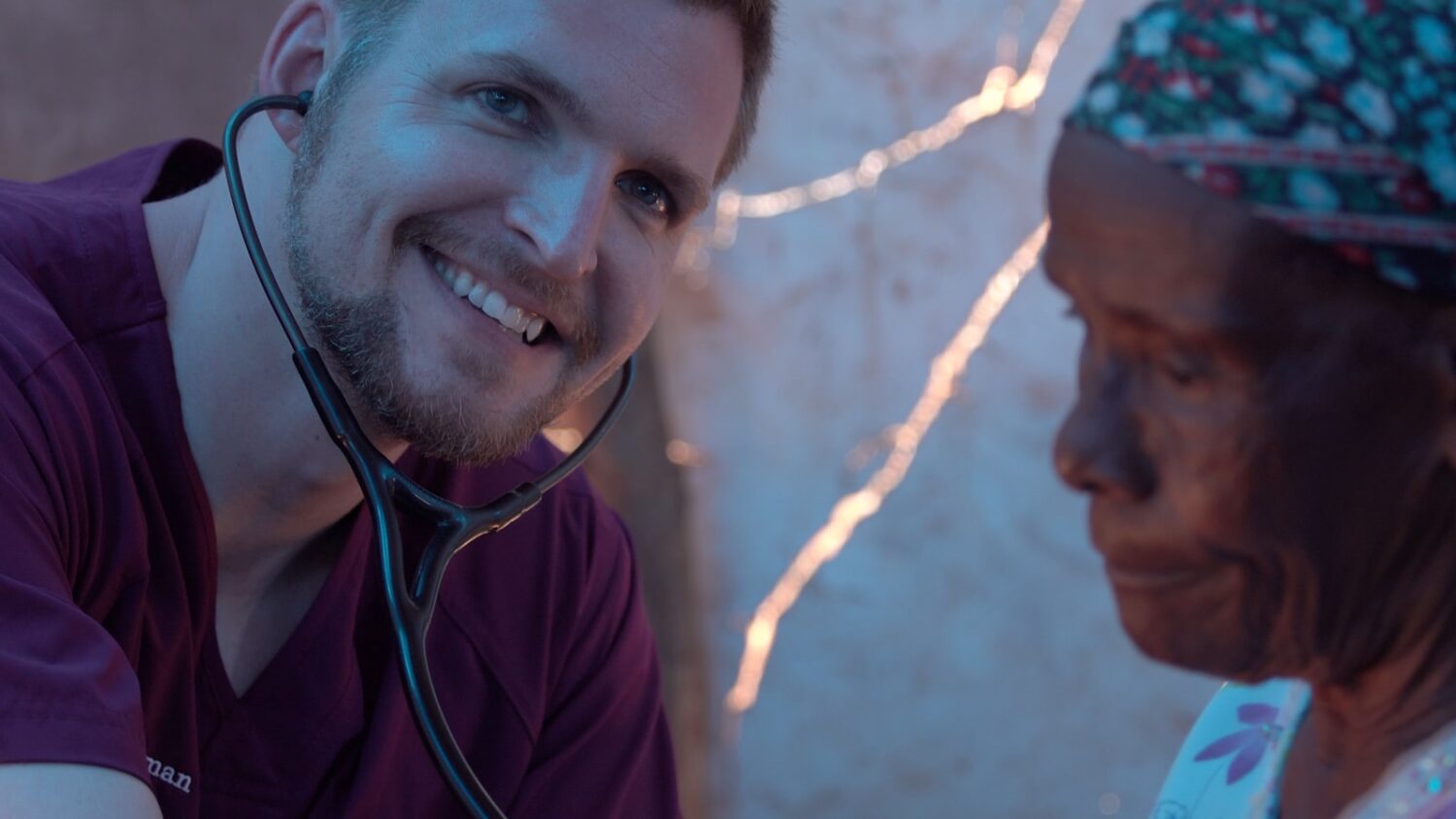
In partnership with The Fresh Toast
A new study conducted on patients with a specific type of cancer concluded with all participants in remission.
A new study on cancer did something that has never been done before. It left every participant cancer-free.
The study, published in the New England Journal of Medicine, was conducted by researchers from Yale University and Memorial Sloan Kettering, who examined patients in advanced stages of rectal cancer. It was a small study, comprised of 18 participants, and concluded with all of them in remission.
All of the patients had a specific type of cancer, caused by a deficiency in mismatch repair, which is, according to the National Cancer Institute (NIH), cells that have mutations in genes involved in correcting mistakes when DNA is copied in a cell.

RELATED: Scientists Figure Out Why Some Life Long Smokers Never Develop Cancer
Researchers devised a special treatment for this affliction, creating a lab-made antibody called dostarlimab, an immunotherapy drug used in the treatment of endometrial cancer. However, according to Science Alert, this was the first clinical investigation of whether it was also effective against rectal cancer tumors.
Patients received a dose of the drug every three weeks for six months. And according to Memorial Sloan Kettering, “In every case, the rectal cancer disappeared after immunotherapy — without the need for the standard treatments of radiation, surgery, or chemotherapy — and the cancer has not returned in any of the patients, who have been cancer-free for up to two years.”
“I believe this is the first time this has happened in the history of cancer,” lead author Dr. Luis A. Diaz Jr. told the New York Times.
RELATED: Is Cannabis Now Winning The Fight Against Cervical Cancer?
While the study was small and in its early stages, the results are unprecedented. While the study was narrowed down to a specific type of cancer, it could extend to other types. More research could result in new treatments and could help people recover from cancer while experiencing treatments that are less invasive and affecting.
Read more on The Fresh Toast
Advertising disclosure: We may receive compensation for some of the links in our stories. Thank you for supporting Irvine Weekly and our advertisers.
